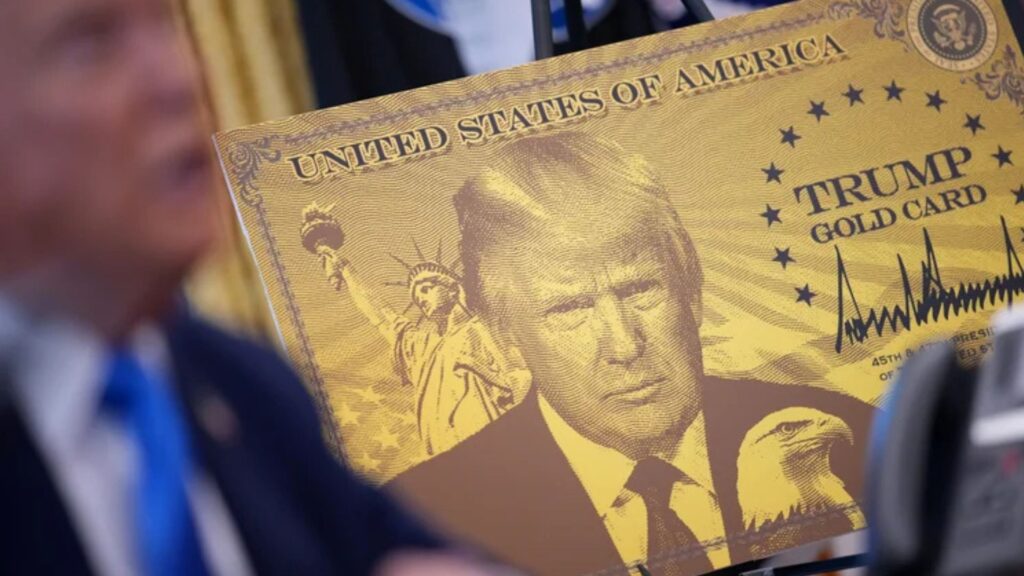
President Donald Trump signed an executive order on September 19, 2025, formally establishing the Gold Card program, a radical overhaul of U.S. immigration policy that grants permanent residency to foreigners in exchange for a substantial financial contribution to the federal government.
Program Details and Financial Impact
Under the new scheme, individuals must donate US$ 1 million (approximately R$ 5.32 million) to the U.S. Treasury to receive the Gold Card, while companies sponsoring employees face a US$ 2 million fee. The White House projects the initiative will generate over US$ 100 billion rapidly, with revenue earmarked for tax cuts, economic-growth projects, and debt reduction. This direct-donation model replaces the existing EB-5 visa program, eliminating requirements for job creation or specific business investments.
Parallel H-1B Visa Fee Hike
Concurrently, Trump announced a 10,000% increase in the annual H-1B visa fee for skilled professionals, raising costs from US$ 1,000 to US$ 100,000 per visa starting September 21. With roughly 400,000 H-1B visas approved in 2024—two-thirds renewals and 75% granted to Indian nationals—this policy will heavily impact technology giants such as Amazon, Microsoft, and Meta that depend on Indian talent. The move underscores Trump’s emphasis on privileging domestic workers over foreign labor.
Evolution from Proposal to Enactment
Trump first unveiled the Gold Card concept in February 2025, promising implementation within two weeks. In April, he revealed a physical prototype featuring his image and initially priced at US$ 5 million. The finalized measure was announced alongside Commerce Secretary Howard Lutnick, with promotional materials proclaiming, “The Trump Gold Card Has Arrived.” Departments of Commerce, State, and Homeland Security now have 90 days to establish detailed application procedures and adjudication rules.
Application Process and Citizenship Pathway
Approved applicants will obtain Gold Card authorization while still abroad, streamlining entry to the United States. Upon arrival, cardholders may immediately pursue U.S. citizenship under the existing naturalization timeline. Trump forecasted potential sales of “maybe a million” cards, signaling openness to high-net-worth individuals—including Russian oligarchs—seeking residency through the program.
Policy Implications and Criticism
Critics argue the Gold Card commodifies residency, favoring the ultra-wealthy and undermining traditional immigration pathways based on employment or family ties. Proponents contend the influx of funds will stimulate growth and reduce fiscal deficits. As implementation details crystallize over the coming months, stakeholders across business and political spheres will monitor the program’s real-world economic and social impacts.




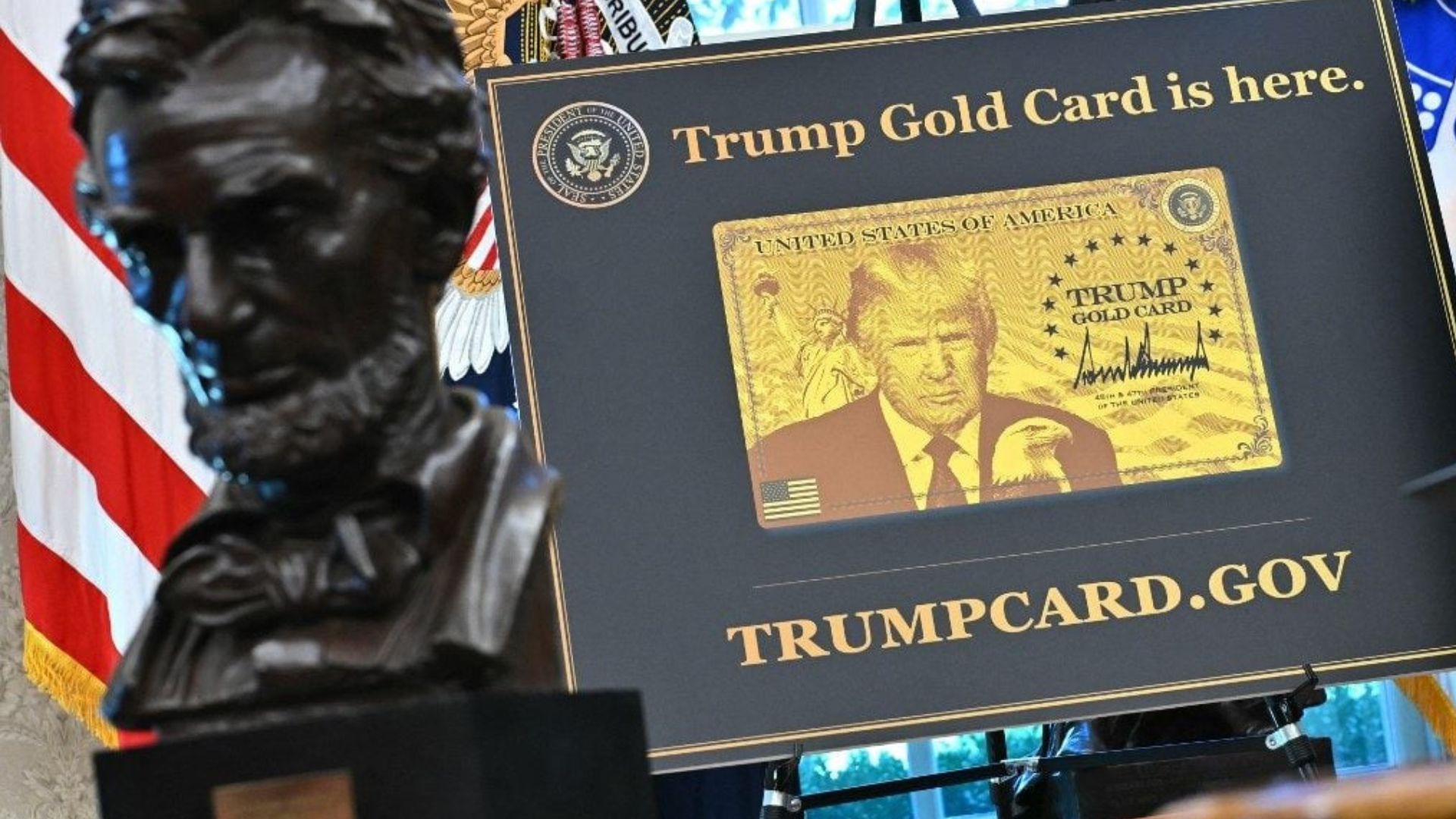
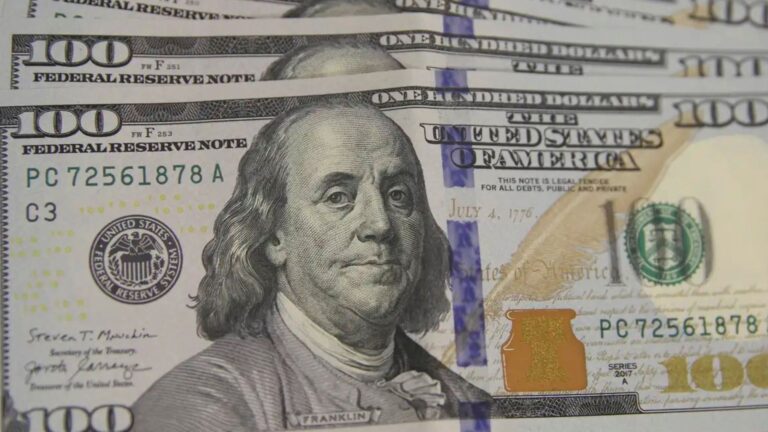
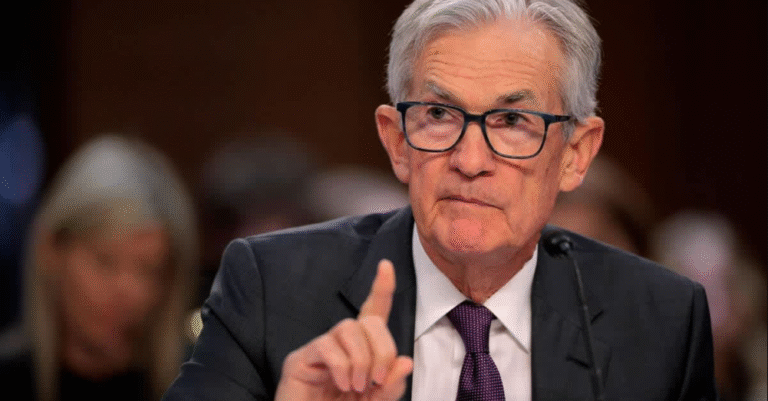
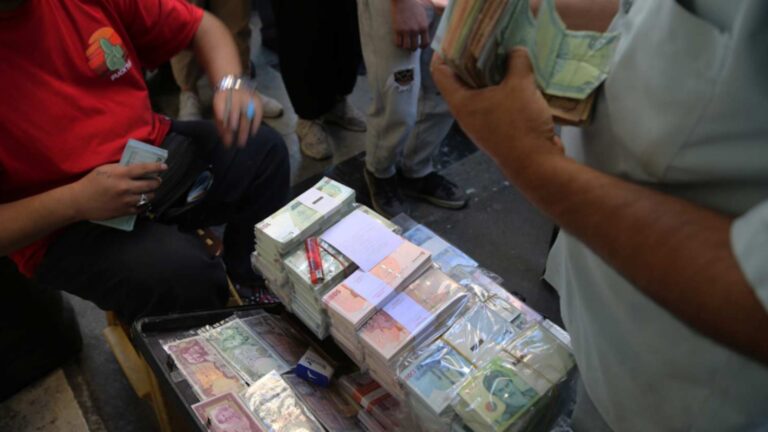





Your point of view caught my eye and was very interesting. Thanks. I have a question for you.